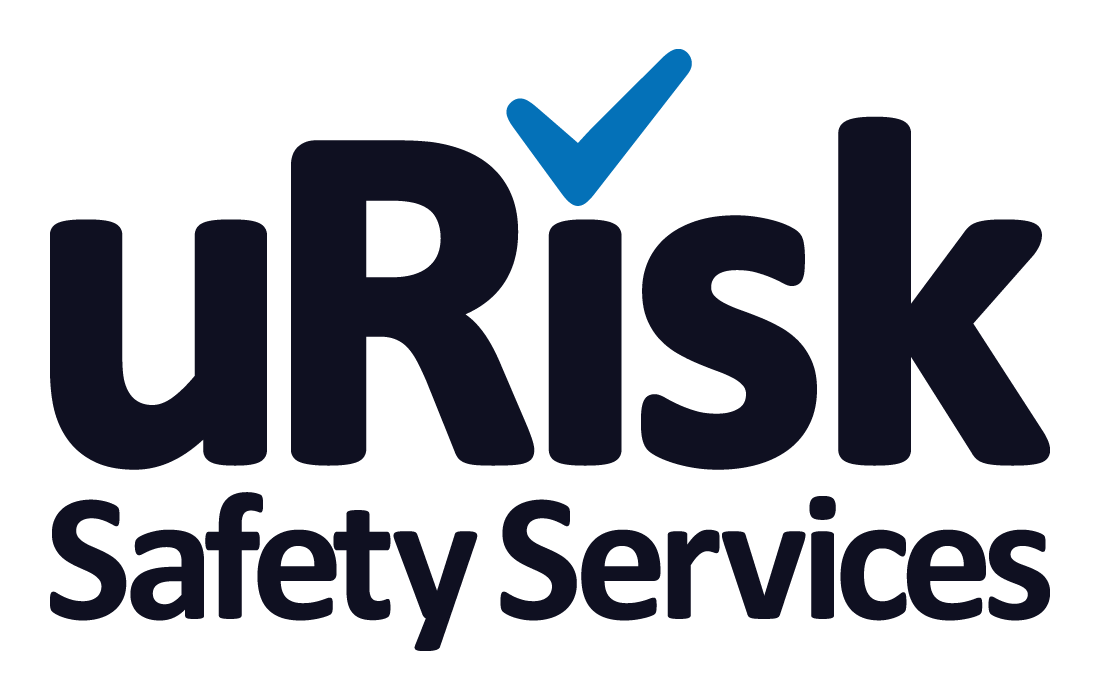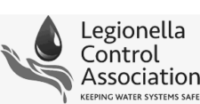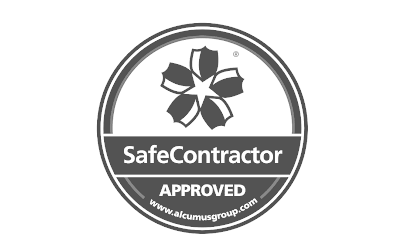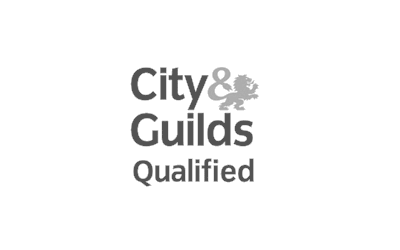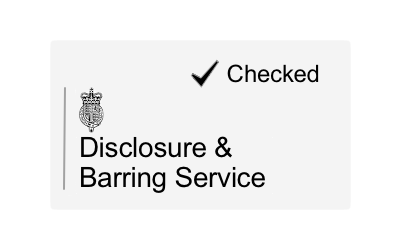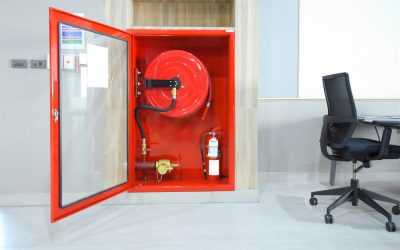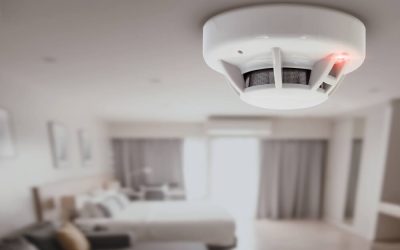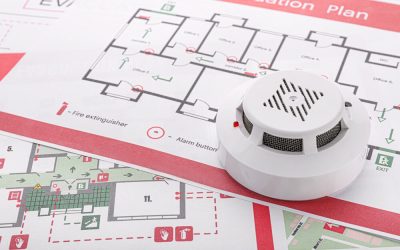Safe Water in Hospitals & Healthcare Premises
Legionnaires’ Disease is especially dangerous for the elderly, frail and those with compromised immune systems. Therefore, it is essential that all hospitals and healthcare premises be vigilant, carry out regular testing and take steps to prevent outbreaks – otherwise, they are not only putting their patients’ lives at risk, they are also leaving their company at risk of prosecution.
Bupa was fined £3m in 2018 after the death of a pensioner at one of its care homes. The judge found the care home lacking in its duty of care, having ignored warning signs of Legionella for around three years. There are also numerous news stories of healthcare providers being fined hundreds of thousands of pounds for their failure to protect patients from the bacteria.
Health Technical Memorandum (HTM) 04-01: Safe water in healthcare premises
The government’s Health Technical Memorandum 04-01 is a three-part guide to the legal requirements, applications, maintenance and operation of safe water supply systems in healthcare premises. Part B covers operational management with specific reference to Legionella and other waterborne pathogens.
The control measures the report recommends focus on temperature control. Given that Legionella thrives in temperatures between 20 and 45oC, cold water supplies need to be kept at a temperature lower than 20oC and hot water needs to be kept above 60oC in order to be able to reach the outlet at a minimum of 55oC.
However, in healthcare facilities, the water systems are typically more complex, making it more difficult to control waterborne pathogens by temperature alone. HTM 04-01 guidance suggests using additional control measures such as chemical and other water treatments, as well as ongoing monitoring.
This is especially important in augmented care settings where patients are immunosuppressed and particularly vulnerable. The Memorandum gives guidance for additional safety measures in Part C, advising that training should not be confined to just the medical and care staff: “Management should ensure that all staff with responsibility for cleaning should be adequately trained and made aware of the importance of high standards of cleanliness”.
We are experienced in Legionella testing and prevention in healthcare and augmented care facilities. If you would like to outsource your risk assessment and maintenance to an experienced professional company, contact us to find out more.
Legionella and Water Hygiene Blog Posts
Office Fire Risk Assessment
As you would expect, keeping your office safe from the risk of fire is a legal requirement under the Regulatory Reform (Fire Safety) Order 2005. If you are the owner or manager of a business, or landlord of an office building, it is your responsibility to ensure your...
Fire Risk Assessment For Flats
Your legal requirements as a landlord include taking precautions to keep your tenants safe, including when it comes to the risk of fire in flats. As part of the fire safety regulations, fire risk assessments for flats is therefore part of your legal obligation to...
Getting A Risk Assessment For Fire in the UK
As an employer, landlord or facilities manager, it is your legal responsibility to keep everyone who uses your premises safe. A fire risk assessment is an important part of this because it identifies what might cause a fire so you can take steps to prevent one, as...
